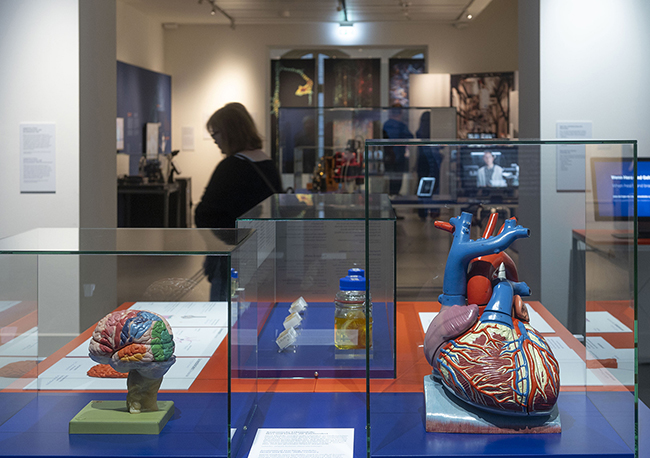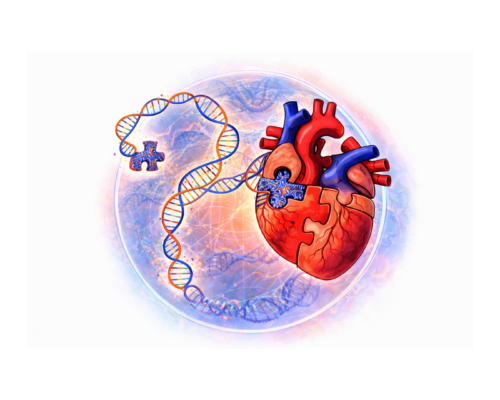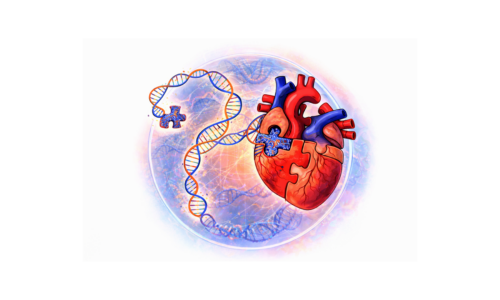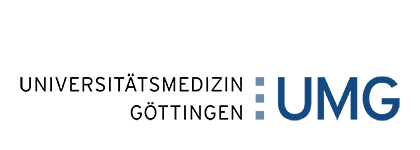New structures
Hertha Sponer College (HSC)
Cryo-EM platform
Opto/Ephys platform
MBExC building
Heart & Brain Center
Göttingen (HBCG)
Selected grants and awards
18
ERCs
5
Leibniz prizes
7
CRCs
MBExC in Numbers
New structures
Hertha Sponer College (HSC)
Cryo-EM platform
Opto/Ephys platform
MBExC building
Heart & Brain Center
Göttingen (HBCG)
Selected grants
and awards
18
ERCs
5
Leibniz prizes
7
CRCs
Exploring heart & brain
Exploring heart & brain
MBExC
Multiscale Bioimaging (MBExC) is a Cluster of Excellence of the University of Göttingen, Germany and is funded by the German Federal Government and the Länder (federal states) since 2019.
Our goal is to understand the structural and functional properties of excitable cells in the heart and brain across multiple length scales in order to decipher disease-relevant, nanoscale functional units in heart and nerve cells. We develop and apply innovative technologies and translate new insights into novel therapies for disorders affecting the heart, the brain, or both.
MBExC
Multiscale Bioimaging (MBExC) is a Cluster of Excellence of the University of Göttingen, Germany and is funded by the German Federal Government and the Länder (federal states) since 2019.
Our goal is to understand the structural and functional properties of excitable cells in the heart and brain across multiple length scales in order to decipher disease-relevant, nanoscale functional units in heart and nerve cells. We develop and apply innovative technologies and translate new insights into novel therapies for disorders affecting the heart, the brain, or both.
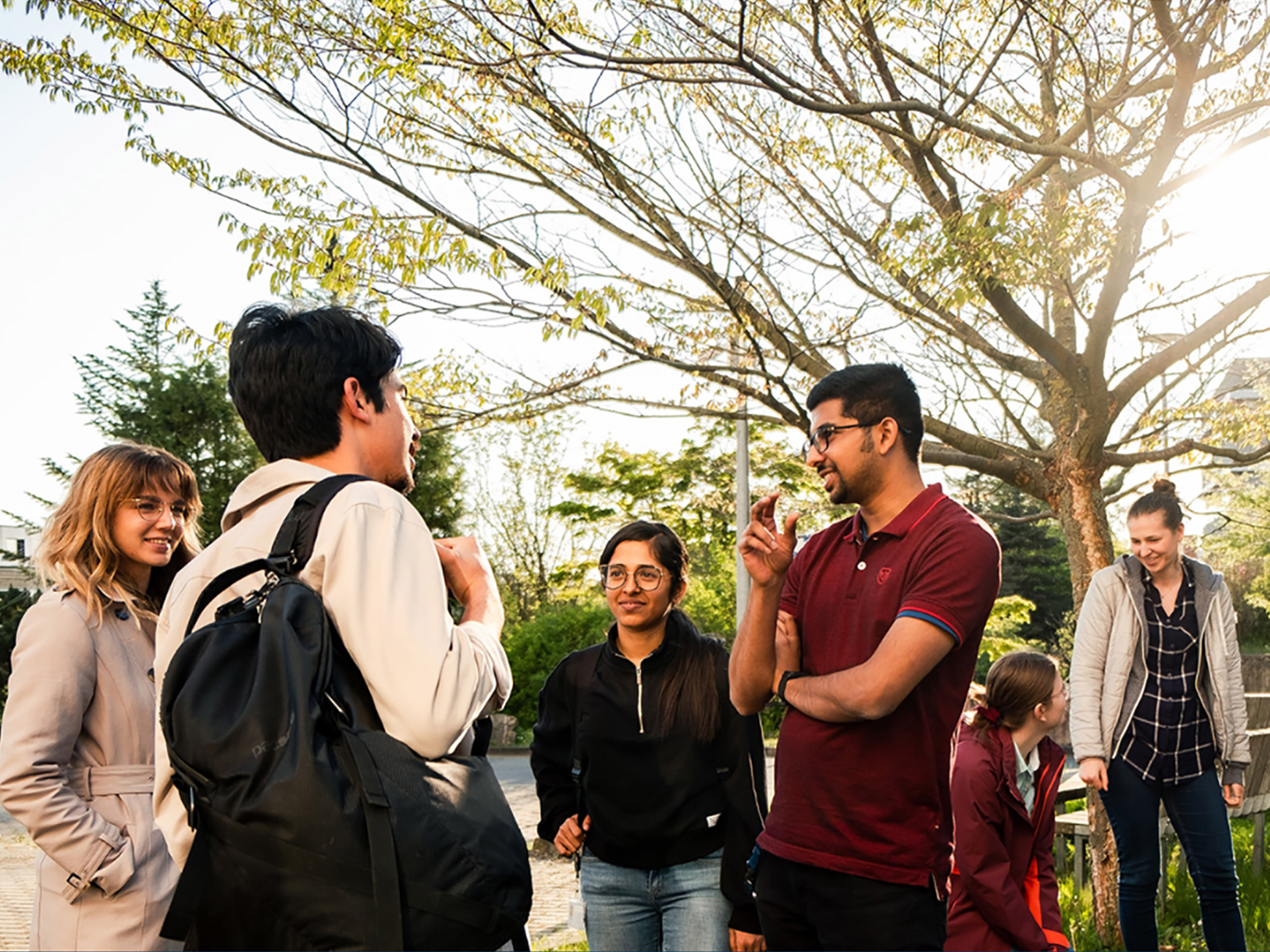
Hertha Sponer College
Multiscale integrative research provides unique opportunities to promote cutting-edge, interdisciplinary training of early career researchers. The Hertha Sponer College targets particularly talented students and early career researchers to spark and foster enthusiasm for research at the boundary of the natural sciences and biomedicine, and to accompany a new generation of future research leaders on their way towards early scientific independence.
Hertha Sponer College

Multiscale integrative research provides unique opportunities to promote cutting-edge, interdisciplinary training of early career researchers. The Hertha Sponer College targets particularly talented students and early career researchers to spark and foster enthusiasm for research at the boundary of the natural sciences and biomedicine, and to accompany a new generation of future research leaders on their way towards early scientific independence.
Events
Event Type
All
MBExC Special Lecture
Hertha Sponer College Retreat
MBExC Public Event
Optogenetics Meeting
Symposium
Line of Research / Research Alliance Meetings
Optogenetics Club Lecture
MBExC Ringvorlesung
MBExC Lecture
Microscopy Workshop
Hertha Sponer College Lecture
Chalk Talks
Exhibition
Inaugural Lecture
Microscopy Club Lecture
Festival
Hertha Sponer College - Advanced Methods Workshop
Hertha Sponer College Seminar
Conference (external)
EM Symposium
Xray Symposium
Optogenetics Club
event speaker
All
Tiago Outeiro
Tim Salditt
Tobias Moser
Vladan Rankovic
Rubén Fernández-Busnadiego
Peter Rehling
Antonio Martinez-Sanchez
Han Chen
Hauke Hillen
Housen Li
Julia Preobraschenski
Jörg Wegener
Ricarda Richter-Dennerlein
Sarah Köster
Stefan Stoldt
Thomas Oertner
Event Tag
All
Cell biology
Cryo-electron tomography
Cell biology
Cryo-electron tomography
Past and Future Events
All
Only Past Events
Only Future Events
Latest Publications
Science & Society
Communicating scientific findings to the local, regional, national, and international public, and raising awareness about integrative research and topics of MBExC is of major importance for us and society. Here we engage in dialogue with the public promoting interest and confidence in science.
